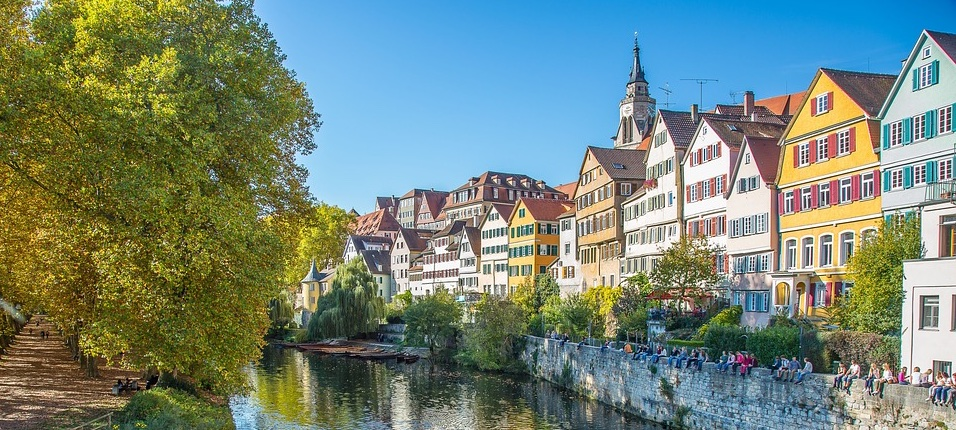Speaker
Description
The ALICE collaboration plans to replace the inner tracking system (ITS2) during LHC long shutdown 3 (LS3), with a completely new system, called ITS3. This new system is expected to improve the pointing resolution of tracking, especially at low transverse momentum, and significantly extend the heavy flavour physics program of the experiment. The full detector consists of two half-barrels, each containing three sensors of the size up to ~26 cm x ~10 cm, bent in a half cylindrical shape, spaced by 6 mm in a concentrical configuration, covering a pseudo rapidity acceptance up to ±2.5 (layer 0). The development of a wafer size MAPS sensor is based on 65 nm technology, using the stitching technique to allow for a sensor size exceeding the technologies reticle size. A sensor thickness of less than 50 um and the usage of extremely light support structures based on carbon foams and air cooling allow reducing the material budget per layer to the order of 0.05% X/X_0 in the detector active area. Additionally, the first detector layer can be placed just 1.8 cm away from the interaction point after replacing the beam pipe.
The ALICE collaboration has conducted extensive testing and simulations to optimize the design of the ITS3 system. The talk will describe the global detector integration concept, including the bending procedure of the sensors, the choice of carbon foam, in terms of material density and thermal dissipation properties, as well as the thermal and dynamic stability results on first detector prototypes.
